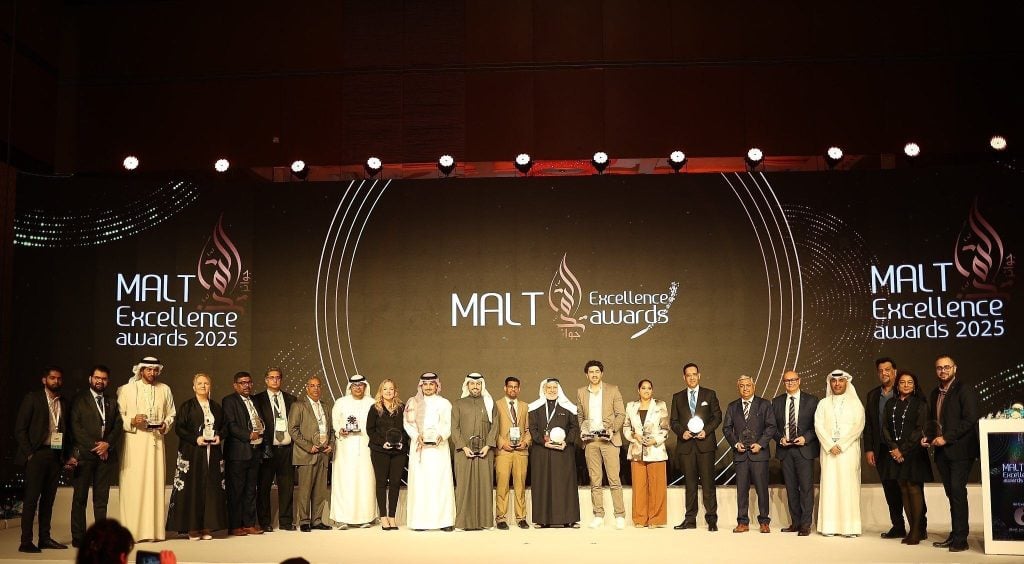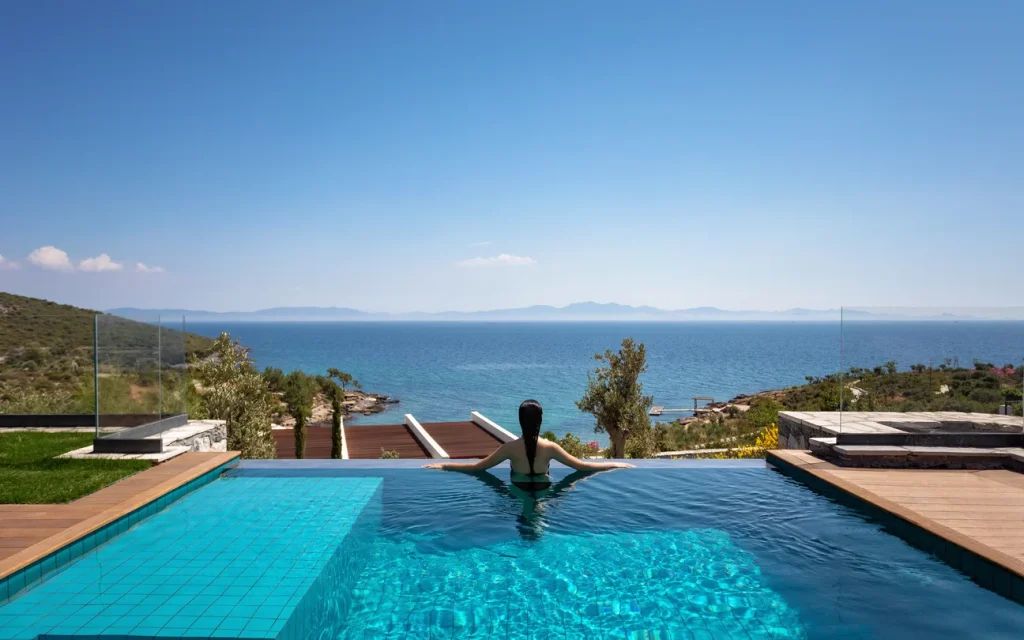The recent 13th annual Meetings Arabia & Luxury Travel (MALT) Congress brought together industry experts to identify the top trends shaping Middle Eastern outbound MICE and luxury travel in 2025.

According to Sidh NC, Director of QnA International, organisers of MALT Congress, “Future travellers will look beyond luxury accommodations, they will crave immersive, exclusive and seamless experiences that transform the very idea of travel.
The Middle East’s influence on global luxury travel continues to grow, driven by a significant 21.6% increase in outbound travel spending in 2024, as reported by the World Travel and Tourism Council. Against this backdrop, the MALT Congress highlighted the top 10 trends transforming Middle Eastern outbound MICE and luxury travel:
1. Experiential luxury
Middle Eastern travellers are moving away from traditional luxury towards immersive, culturally rich experiences. According to Stephanie Tanpure, VP of Sales at Sands Resorts Macao, they seek exclusive, personalised experiences, including private villa-style accommodations, VIP shopping, fine dining, and cultural entertainment. Halal dining and Arabic-speaking staff are also increasingly important for seamless comfort.
2. Winter and cooler destinations on the rise
Erna Evudottir, Co-Founder & CEO of Destination Complete, notes two emerging trends among Middle Eastern travellers. Firstly, there is a growing interest in winter holidays featuring snow activities and the Northern Lights, prompting the curation of luxury experiences combining exceptional service and adventure. Secondly, travellers are seeking cooler summer destinations with mild climates, where temperatures remain below 25°C.
3. Multi-generational travel
Family travel remains a key priority, with a growing focus on multi-generational trips. According to Andrew Gomes, Head of Sales at Royal Caribbean International, there is a surge in demand for family-centric travel, with tailored accommodations and activities catering to diverse age groups. Sergey Mandryka, Business Development Manager at Viadi Group SA, also noted a rising interest in family trips incorporating immersive experiences, such as adventure activities and curated excursions, to enhance the travel experience.
4. Wellness and holistic travel

Travellers are increasingly prioritising health and wellbeing, driving a surge in wellness tourism. According to Jennifer Charlton, SVP Trade Sales & Business Development at Abercrombie and Kent, there is a growing demand for wellness-focused travel, encompassing yoga retreats, spa breaks, and mindful experiences that promote inner peace and connection with nature. Natali Oniani, Business Development Coordinator at GNTA, also highlighted the growth of wellness tourism in destinations like Georgia, which offer unique cultural and wellness experiences.
5. Hyper-personalisation
Luxury is no longer enough, with discerning travellers wanting bespoke experiences or hyper-personalisation. Elena Kosmina, Managing Partner at Qunota Travel Limited, highlighted the importance of tailored itineraries, private butlers, and exclusive access. To meet these expectations, Qunota collaborates with luxury brands, wellness retreats, and eco-friendly operators to provide unique, high-value experiences. Shafiul Syed, CEO of Royal Jet, also noted the growing demand for premium private jet services with personalisation, prioritising privacy and seamless connectivity.
6. Emerging destinations
Middle Eastern travellers are now seeking unique experiences and unexplored destinations that offer something beyond the familiar, according to Robin Eichmueller, Regional Director of Sales at Orascom Hotel Management. Carlos Ruiz Gonzalez, Director of Spain Tourist Office for GCC Countries, highlighted the promotion of eco-friendly travel and lesser-known regions in Spain. Jennifer Charlton, SVP Trade Sales & Business Development at Abercrombie and Kent, added that while traditional European destinations remain popular, Middle Eastern travellers are becoming increasingly adventurous, seeking out new and undiscovered destinations.
7. Culinary tourism
Food has become a central aspect of the travel experience, with a growing interest in culinary tourism. Andrew Gomes highlighted the importance of halal-friendly dining and immersive cultural experiences for Middle Eastern travellers. According to Becky Ip, Deputy Executive Director of the Hong Kong Tourism Board, the tourism board has launched an initiative to establish Hong Kong as a top Muslim-friendly destination, focusing on halal-certified food options and attractions.
8. Sustainability and responsible travel
Sustainability has become a key consideration for travellers, with a growing interest in eco-friendly destinations and authentic cultural experiences, highlighted by Carlos Ruiz Gonzalez and Erna Evudottir, Co-Founder & CEO of Destination Complete. Additionally, trips centered around global events, such as sports championships, cultural festivals, and seasonal highlights, are gaining popularity. Elena Kosmina, Managing Partner at Q Travels, noted that while traditional holidays like Eid remain peak travel periods, colder-season travel is increasing in popularity.
9. Luxury shopping

Luxury shopping continues to be a major interest for travellers, with high-end retail destinations offering VIP services and private shopping experiences, as highlighted by Stephanie Tanpure. The Shoppes at Londoner Macao is a prime example of such a destination. Natali Oniani also noted the growth of luxury retail and hospitality in Georgia, further underscoring the appeal of luxury shopping.
10. Tech-driven convenience
Travellers from the Middle East expect uninterrupted connectivity and advanced technological amenities, with Shafiul Syed highlighting the importance of in-flight connectivity and personalised entertainment. Becky Ip also stressed the need for seamless technological integration to support culturally inclusive and luxurious experiences.



